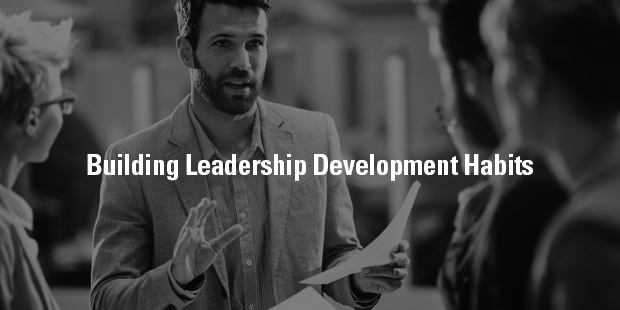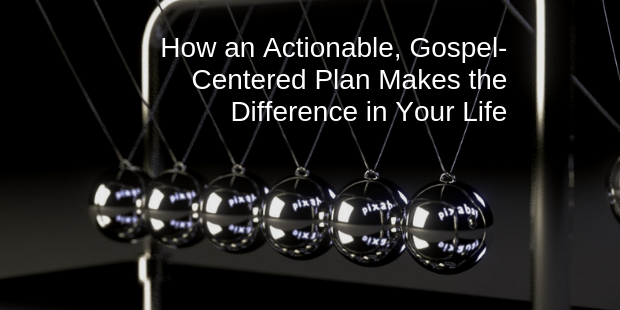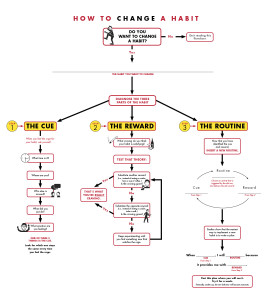The Exponential 2019 conference rebooted the age-old conversation in the church about personal call. Unlike Elvis, we at Younique don’t want “a little less conversation,” but we do want to see a lot more action.
Since the beginning of the Jesus movement, disciples have been exploring what it means to be faithful in their families, in their communities, and even in their work. Redeeming the Greek notion of work as a curse, Christian thought leaders throughout the centuries declared the dignity of work and the importance of bringing justice to social and economic systems.
Unfortunately, today’s culture has fallen into the ditch on the other side of the road from the ancient Greeks. For many modern people, work has become a religion, an identity unto itself. In a recent article in The Atlantic entitled “The Religion of Workism Is Making Americans Miserable,” Derek Thompson describes how people are turning to their work instead of their faith for meaning and fulfillment.
Meanwhile, the church is becoming attuned to both the need and the power of helping our people name their personal calling. For example, model Hailey Bieber (wife of popstar Justin Bieber) is one of many celebrities featured in a docu-series from Hillsong Church hosted by Christian businesswoman Natalie Manuel Lee. The show explores how purpose and identity play out in the modern world. In addition, many of us read books that explore these questions, from The Call, by Os Guinness, to Culture Making, by Andy Crouch, and more besides.
Believers also go to the Bible for answers. At Younique, we lean into Paul’s teaching in Ephesians 2. Paul begins by celebrating the power of the resurrection and the life we have inherited through faith in Jesus. Then he goes on in verse 10 to describe our new life through Christ as one that has purpose and potential. We are portrayed as God’s masterpiece—the Greek word is poema. We are a one-of-a-kind work of art that is full of possibility for partnership with God in His Kingdom purposes.
This portrait of a believer’s potential is so beautiful and compelling that we naturally begin to wonder, “What about me? Who am I, and what are the good works that God has prepared in advance for me to do?”
Yet here is where the disconnect begins in the church, because it is much easier to talk about “being,” “doing,” and “going” than it is to create an actionable, gospel-centered plan to make it happen in our lives.
I recently read James Clear’s book Atomic Habits. Clear notes that there is a sharp difference between motion and action. It is easy for us to be in motion and convince ourselves that we are making progress. We run lots of programs and offer great classes believing that we are making headway in helping our people on their discipleship journey. While some of these may be effective actions, many fall into the category of mere motion—activity without impact.
Younique is our answer to the problem of how to take action in the realm of personal call. Younique is a replicable process for helping people to design their lives according to their Ephesians 2:10 calling.
We believe the vision of your church won’t be fully realized until each person in your church is released into their own personal calling. They are the hands and feet of Jesus, and God has prepared good works for them to do since before the creation of the world. Instead of asking individuals to plug in to events or programs based on the need for volunteers, what if you had a process to engage their special assignment from God where they live, work, and play?
Stop intending to help people—take action! James Clear continues to help us understand where we fall short by talking about the difference between goals and systems. Goals are where we start, but they are insufficient to deliver results. “Goals can provide direction and even push you forward in the short-term, but eventually a well-designed system will always win. Having a system is what matters. Committing to the process is what makes the difference.”
Younique is the system to help people be, do, and go. We are committed to installing into the local church a sustainable disciple-making process that you lead with your people. The church is the hero, empowering and equipping people to step confidently into their best for what is next.
If you haven’t yet experienced the power of Younique’s life design system, then I invite you to join us at an upcoming Younique Accelerator or one of our free webinars.

Tags: Gospel-centered, Kelly Kannwischer, LifePlan, habits, younique
|
What is MyVisionRoom? > | Back to Vision >





















